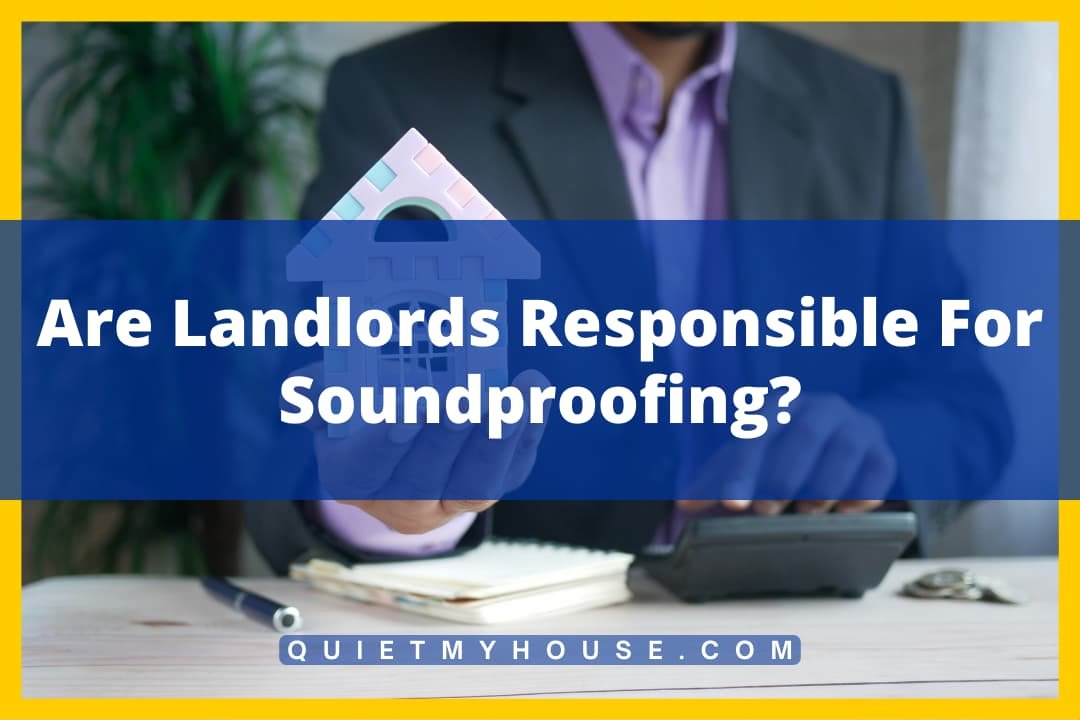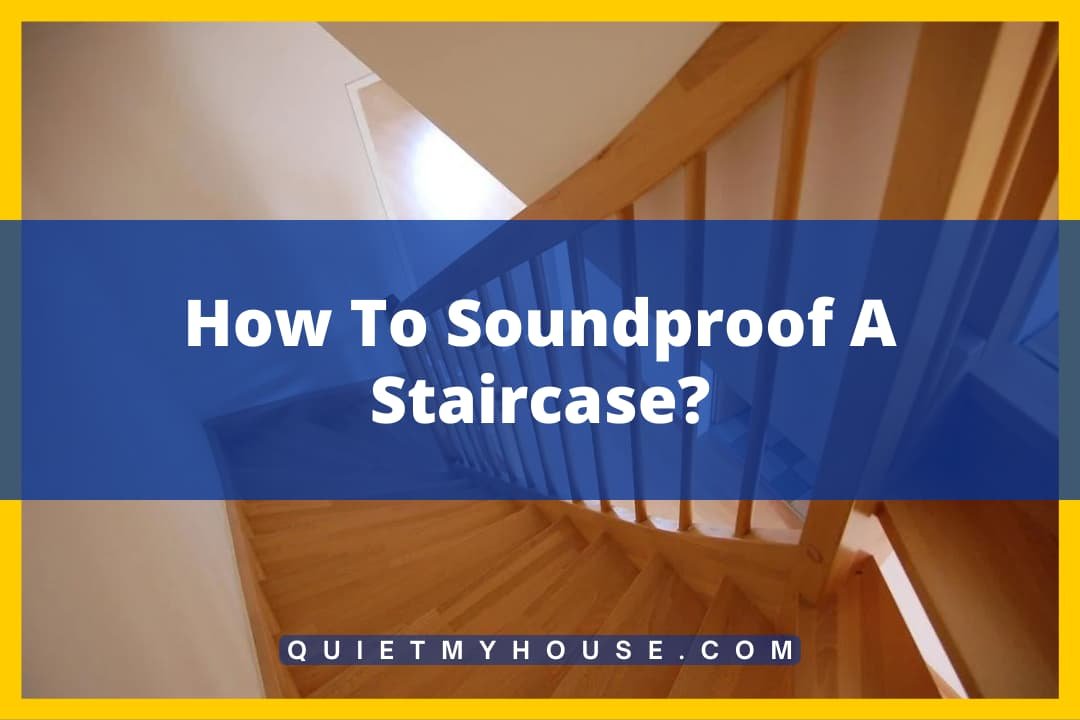Soundproofing is usually used to keep sound in, but what about keeping noise out?
Proper soundproofing should keep outside noise out by preventing outside sound waves from entering a room. Soundproofing alters or absorbs sound waves as they pass through walls or floors. If the soundproofing doesn’t absorb enough of the outside sound waves, the noise will continue to pass through.
Soundproofing can give you a better night’s sleep and a lot more peace of mind with a quiet living space. Here’s the science behind soundproofing and how you can use it to make your home a little quieter.
How Soundproofing Works?
How can sheets of foam keep something that can’t be seen, felt, or touched out? Sound is interesting because it is a wave.
We can see some waves, like the ones in the water, but we can’t see other waves. That’s because an ocean wave moves through the water, and sound waves move through the air. Sound waves still move like water waves though!
When you make a sound, a wave travels through the air until it fades out. To keep sound in or out, you have to keep the sound wave from moving. Walls do this by absorbing those sound waves. The more mass the wall has, the more sound it absorbs.
Some soundproofing will make the sound waves bounce back, so they echo rather than leave the room. When you hear an echo, that’s because a sound wave is bouncing back at you after coming across something it can’t go through.
These sound waves bouncing back make the sound louder and are what give certain rooms good acoustics.
When it comes to your living space, however, you want less acoustics and more quiet! That’s where soundproofing comes in. When soundproofing is added, it absorbs more of those sound waves.
Soundproofing materials can give the walls more mass, or redirect sound waves so that they don’t leave the room. Some soundproofing is designed just to keep sound inside, not block outside sound.
This soundproofing material is built with zigzagging edges that have more surface area to absorb sound from one side but don’t add a lot of mass to absorb outside sound.
So, how you choose to soundproof depends on if you want to keep noise out or in. The easiest way to do both is to just add more mass to the walls and floor, either when building or with other materials.
Why Soundproofing Keeps Noise Out?

How can soundproofing keep outside sound from getting in? Soundproofing materials absorb the sound waves that come from outside.
Sound waves come upon a barrier and can’t pass through the soundproofing material. The more mass the walls and soundproofing material have, the more they can block sound.
Some walls are already thick enough and have the right insulation to keep sound out, but if they don’t, you may need to add soundproofing material. Soundproofing has lots of added mass and surface area, which both keep sound out or in.
Soundproofing to keep noise out is a bit different than soundproofing to keep noise in. It tends to focus on mass since it’s attached to the wall and can’t use surface area to absorb those sound waves. It may also reflect that sound back since the waves need to go somewhere.
The more you keep outside noise out, the more inside noise will stay in, so be prepared for a house or apartment with great acoustics!
This can be a big advantage if you love music and want to play as loud as you want without disturbing anyone nearby.
You don’t need fancy material to keep sound out, as anything that adds mass to floors and walls will keep that sound out of your home!
Fun fact, light is also a wave that can be disrupted, so soundproofing can also make a space darker, as it keeps light out.
So, you will have silence and darkness when you sleep, which is the perfect peaceful atmosphere! It also may keep heat out, keeping your apartment cool during the summer.
Methods For Soundproofing
When you soundproof a living space, you have to make sure there are no spaces for sound to get through. This includes gaps like the doors and windows. The thicker and better-insulated walls, the better the natural soundproofing.
When building soundproof walls, you can also limit sound wave travel by building walls and floors with a gap between two spaces. The sound waves can’t travel as well through this gap, so you can cut off the sound between the two spaces.
Some easy ways to soundproof are to just add mass in your living space wherever you can. Bookcases are a great sound absorber that doesn’t look ugly and double as space to put things.
Rugs on the floor can keep noise from going through the floorboards, the thicker and denser the better.
If you want a really soundproof room, seal up any gaps in the walls. These gaps occur in the windows and doors and can be sealed with strips of cloth or seals made especially to fill these gaps.
If you have ceiling-to-floor windows, you can use curtains to keep sound from passing through them.
Soundproofing material also exists in the form of foam panels that absorb and reflect sound. These panels are stuck to walls to give them more mass.
The more mass the walls have, the more soundproof they will be! Anything heavy you put down will absorb more sound.
The more open a space is, the more acoustic there will be, and the sound in it will be louder. In a pinch, you just put up blankets on the walls, but they don’t work as well as soundproofing equipment.
Soundproofing equipment absorbs sound waves but also bounces them back. Some soundproofing even has specialized spheres that rattle when hit with sound waves, making their own waves that cancel out the outer sound.
Use soundproofing to sleep a little easier, and have fun blasting your own noise as much as you want without getting on anybody’s nerves!




